Mingbai: What type are you? Chinese stereotypes
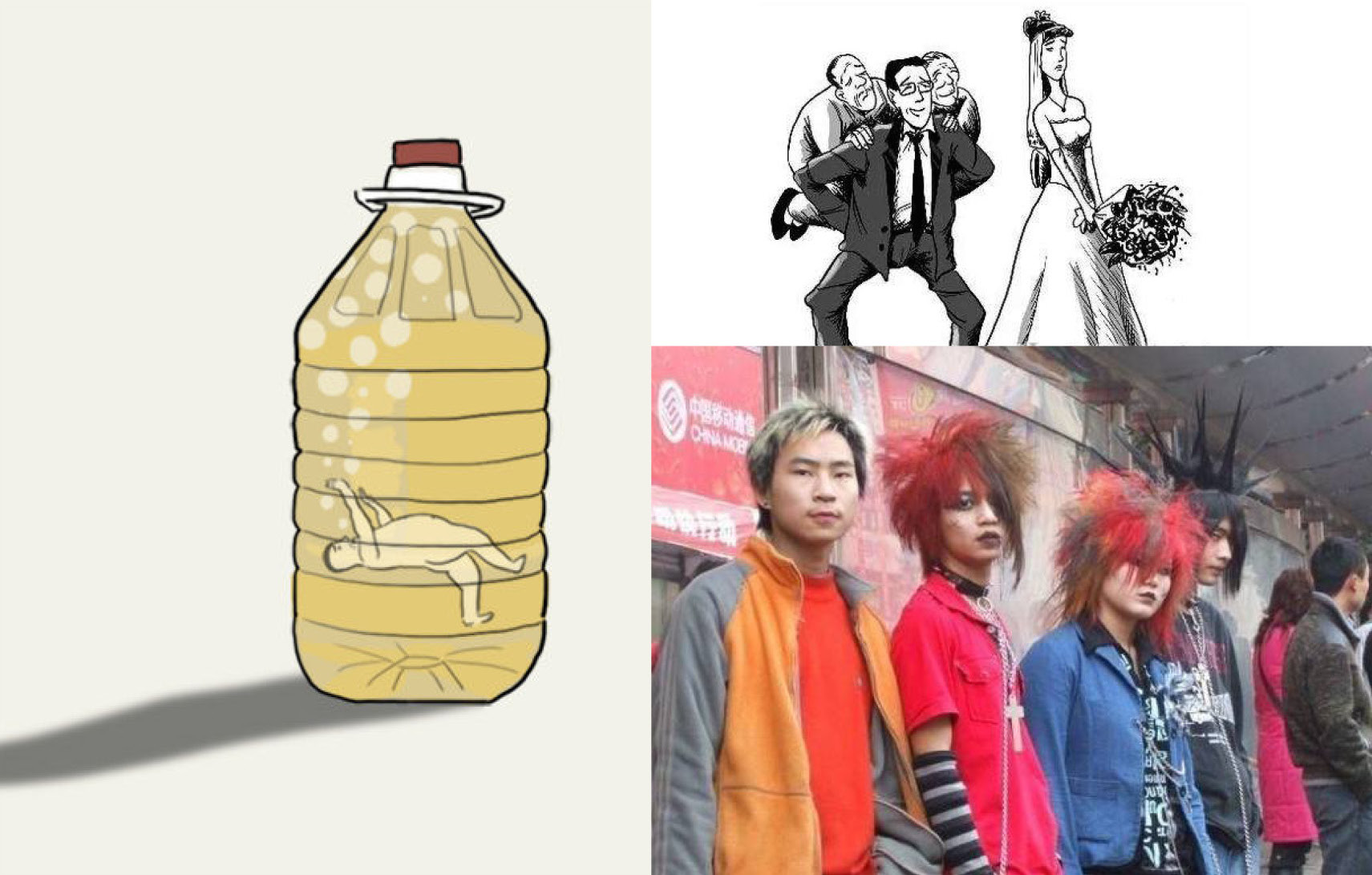
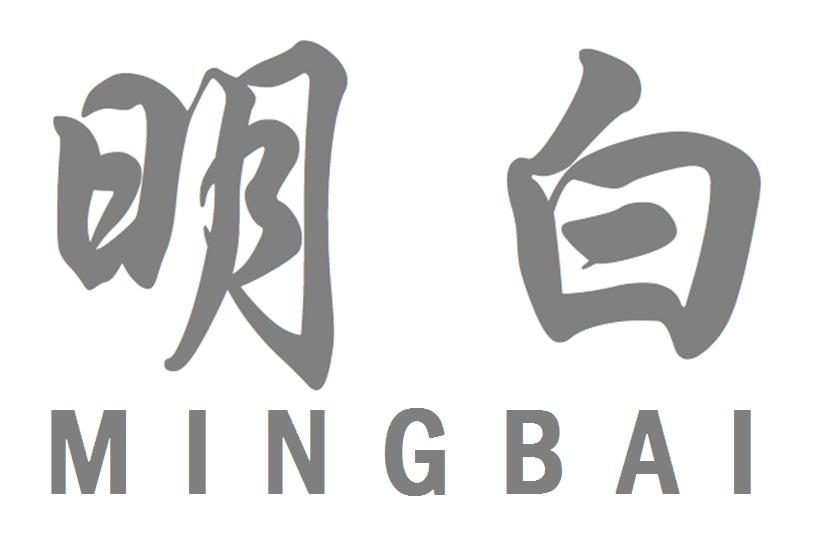 Mingbai (明白, meaning “understand”), written by Christian Føhrby and Deng Jie, is a daily newsletter that drops knowledge on things “everyone in China knows, but almost nobody outside the country knows.” Sign up for it at GetMingbai.com.
Mingbai (明白, meaning “understand”), written by Christian Føhrby and Deng Jie, is a daily newsletter that drops knowledge on things “everyone in China knows, but almost nobody outside the country knows.” Sign up for it at GetMingbai.com.
Like anywhere, China has stereotypes of all kinds. You probably know about metalheads, valley girls, rednecks, and chavs, but do you know about phoenix men, oily uncles, Buddhist youth, and the wash-cut-dries? Today, Mingbai introduces four oft-used stereotypes from the Chinese internet.
OILY UNCLES
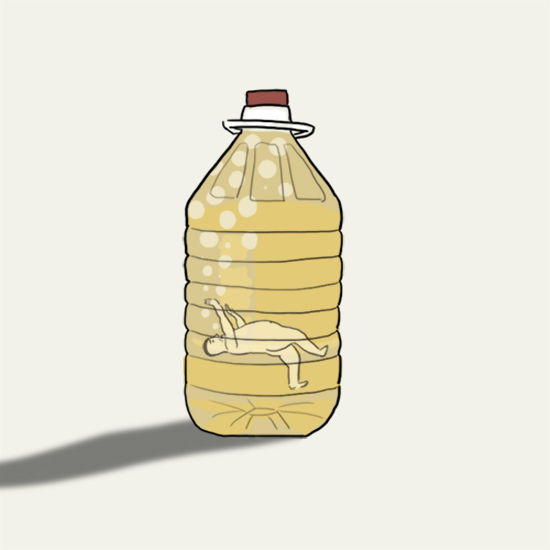
油腻大叔 (yóunì dàshū), “oily uncle.” THAT uncle. That completely inappropriate yet (sometimes) lovable family member — although in China, “uncle” just as often refers to any man around your parents’ age. Family or not, their common trait across cultures is a big and dirty mouth.
While the Chinese-uncle stereotype refers to one who is crass, language-wise (just quiet, please, uncle), the other part of the slang — “oily” — doesn’t just refer to sleaziness of mind, but also of body. They’re a little sweaty all the time. They’ve reached the age where that belly starts to pop a little further out. They probably wear very visible and unfashionable white socks.
Of course, none of this prevents them from thinking they know everything and bragging about it, too. They can (and will!) tell you everything from the future price of bitcoin to what that famous general always used to say. Just smile. They were once like you.
PHOENIX MEN
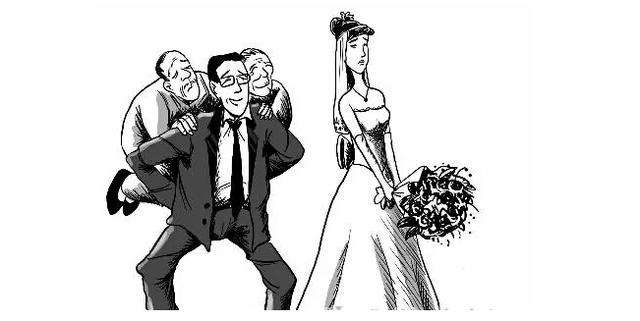
凤凰男 (fēnghuáng nán), “phoenix men”: A Chinese social stereotype that comes about when job success meets family duty and leads to romantic disaster.
The phrase about phoenixes rising from the ashes is used in Chinese to describe unlikely but happy events — such as when a young man from a poor village manages to get good grades and escape poverty by getting a high-paying job in the city. Being good and dutiful sons, they have to send money home and invite their extended families for every happy occasion.
The problem arises when they end up marrying that inevitable city girl: Needless to say, their metropolitan wives are less than excited to have their bumpkin in-laws visiting, and even less enthused to suddenly be taking broccoli-cooking advice from their mothers-in-law, who think they should stop buying expensive clothes, drop their careers, and just clean and cook for their hardworking sons!
BUDDHIST YOUTH
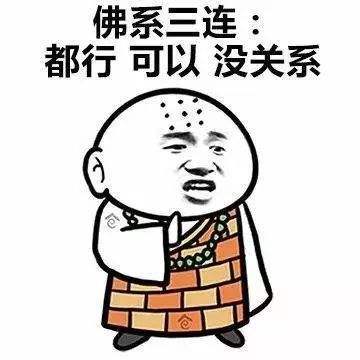
佛系青年 (fóxì qīngnián), “Buddhist youth,” is a phrase that is used to describe how China’s twenty- and thirtysomethings seem to be turning increasingly Zen, eschewing the work-hard-play-hard ideals of their parents. It’s used by perplexed older people and, increasingly self-ironically, by young people.
According to the Chinese blogosphere, generations X and Y are turning away from beer and cola, instead carrying their tea-infused hot water bottles everywhere. They may take their careers seriously, but they won’t work overtime. They scoff at pay rises and care about their health. They don’t get angry, they say, “It’s fine.” Youth rebellion, where did you go?
Is growing up in a richer China creating a generation of young people who haven’t felt the scarcity their parents felt during the Great Leap Forward and the Cultural Revolution? Only time (and the blogs) will tell.
WASH-CUT-DRY
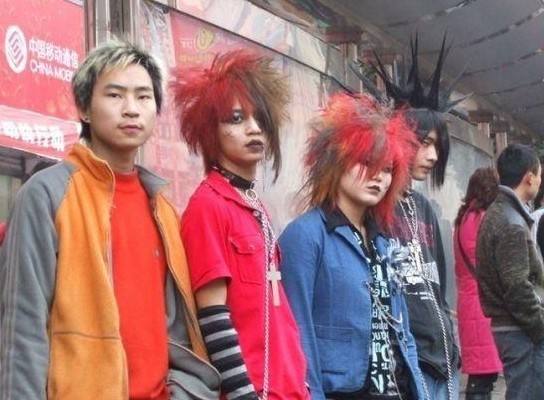
洗剪吹 (xǐjiǎnchuī), “wash-cut-dry,” is a subculture of young people. As you may have guessed, their immediate identifier is their hair, which is brightly colored and spiked in the most creative ways.
Online, “wash-cut-dries” are also described as 杀马特 (shāmǎtè) — a transliteration of the English “smart” — used in the most ironic way ever. While “wash-cut-dries” are often from blue-collar families, both rich and poor roll their eyes when they see them.
The rest of China thinks they’re either tacky or crazy, but within the community, there’s a lot of support, slang words, counterculture, and camaraderie.
“Wash-cut-dries” look like punks, but seemingly without so much of the antiestablishment worldview — they mostly just really like their hair. And selfies. They like selfies, too.
Come back next Wednesday for more Mingbai, and remember to sign up for its daily newsletter.





